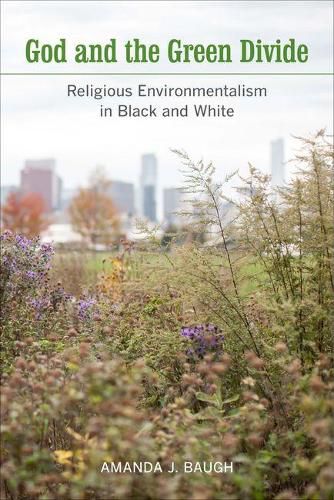Readings Newsletter
Become a Readings Member to make your shopping experience even easier.
Sign in or sign up for free!
You’re not far away from qualifying for FREE standard shipping within Australia
You’ve qualified for FREE standard shipping within Australia
The cart is loading…






American environmentalism historically has been associated with the interests of white elites. Yet religious leaders in the twenty-first century have helped instill concern about the earth among groups diverse in religion, race, ethnicity, and class. How did that happen and what are the implications? Building on scholarship that provides theological and ethical resources to support the greening of religion, God and the Green Divide examines religious environmentalism as it actually happens in the daily lives of urban Americans. Baugh demonstrates how complex dynamics related to race, ethnicity, and class factor into decisions to go green. By carefully examining negotiations of racial and ethnic identities as central to the history of religious environmentalism, this work complicates assumptions that religious environmentalism is a direct expression of theology, ethics, or religious beliefs.
$9.00 standard shipping within Australia
FREE standard shipping within Australia for orders over $100.00
Express & International shipping calculated at checkout
American environmentalism historically has been associated with the interests of white elites. Yet religious leaders in the twenty-first century have helped instill concern about the earth among groups diverse in religion, race, ethnicity, and class. How did that happen and what are the implications? Building on scholarship that provides theological and ethical resources to support the greening of religion, God and the Green Divide examines religious environmentalism as it actually happens in the daily lives of urban Americans. Baugh demonstrates how complex dynamics related to race, ethnicity, and class factor into decisions to go green. By carefully examining negotiations of racial and ethnic identities as central to the history of religious environmentalism, this work complicates assumptions that religious environmentalism is a direct expression of theology, ethics, or religious beliefs.